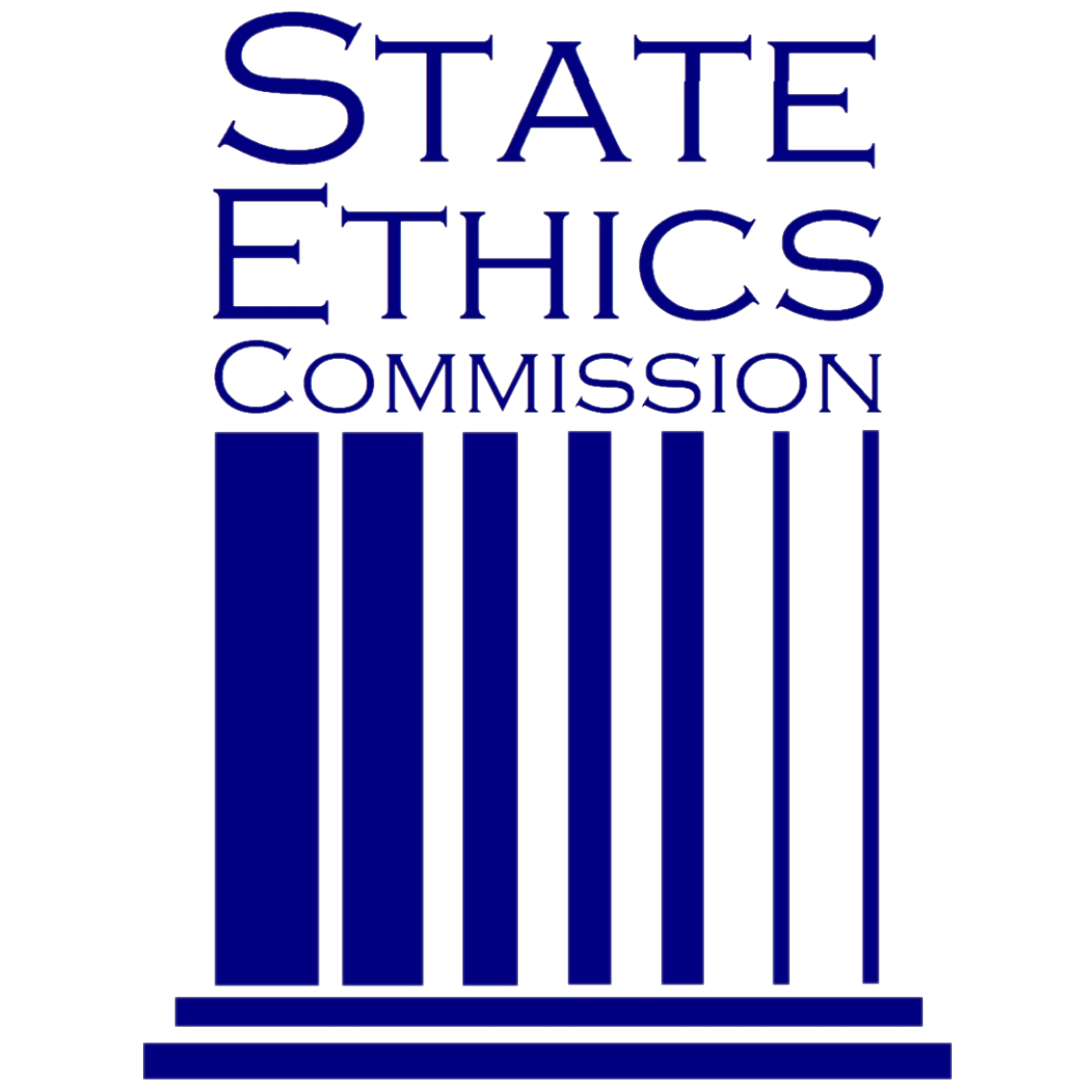- State Ethics Commission
The State Ethics Commission reminds former state, county, and municipal employees that the conflict of interest law places certain restrictions on them after they leave public employment.
The ‘forever ban’
Former state, county, and municipal employees have a lifetime ban on being compensated by, or acting on behalf of, a person or entity other than the state, county, or municipality, respectively, in connection with any particular matter in which they participated personally and substantially in their public position.
Example of violation: Jane, a state employee, drafts an RFP as part of her official duties. Jane may not, after leaving her state agency and going to work for a private company, work on the company’s response to the RFP or contact her former state agency about the RFP on behalf of the company.
Example of what is not a violation: Pedro, as part of his duties as an employee of a town, inspects the work of a private company under a contract it has with the town. Pedro then leaves his town job and goes to work for the company. Pedro may work for the company on a second contract it has with the town as long as he did not inspect the company’s work under that second contract or otherwise participate as a town employee in that contract and he may also communicate with town agencies about the second contract on behalf of the company.
The one-year ‘cooling-off’ period
If someone had official responsibility for a particular matter during their last two years as a state, county, or municipal employee, but did not personally or substantially participate in it, they are prohibited for one year from personally appearing in connection with that same matter before any agency of the state, county, or municipality, respectively, on behalf of anyone other than the government that formerly employed them.
Example of violation: Jung, an employee of a city, leaves their city job and starts working at a law firm. Six months after Jung’s departure from their city job, a private client asks them to represent the client before Jung’s former city agency. Jung did not work on the matter personally and substantially as a city employee, but they delegated the matter to one of their subordinates a few months prior to their departure. Jung may not represent the client before their former city agency now, as the matter was under their official responsibility within two years of their departure, and they left their city job less than one year ago.
Example of what is not a violation: Sonya, a county employee, leaves her county agency and goes to work for an engineering firm. Six months after Sonya’s departure from her county job, a private client asks her to represent the private client before Sonya’s former county agency in a matter that originated after Sonya’s departure. Sonya may represent the client before her former county agency even though she left county employment less than one year ago, because the matter was never under her official responsibility.
Confidentiality
Finally, former state, county, and municipal employees may not disclose any confidential information they obtained in the course of their official duties.
For further information regarding these restrictions, please see State Ethics Commission Advisory 15-1: Avoiding Conflicts of Interest While Seeking a New Job and After Leaving Public Employment.
Public employees can obtain free, confidential advice about the conflict of interest law from the Commission’s Legal Division by submitting an online request on the Commission’s website, or by calling the Commission at (617) 371-9500 and asking to speak to the Attorney of the Day.
